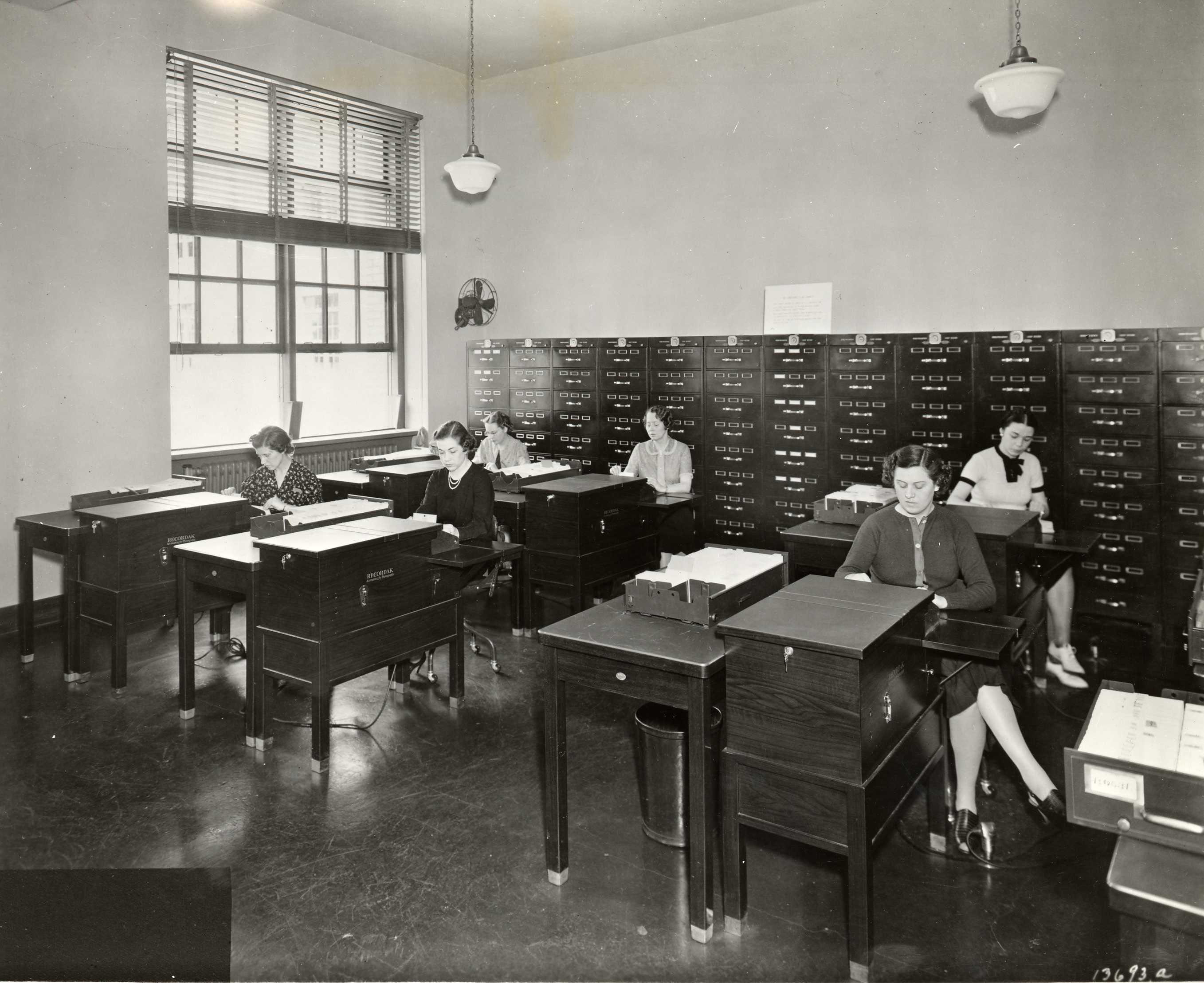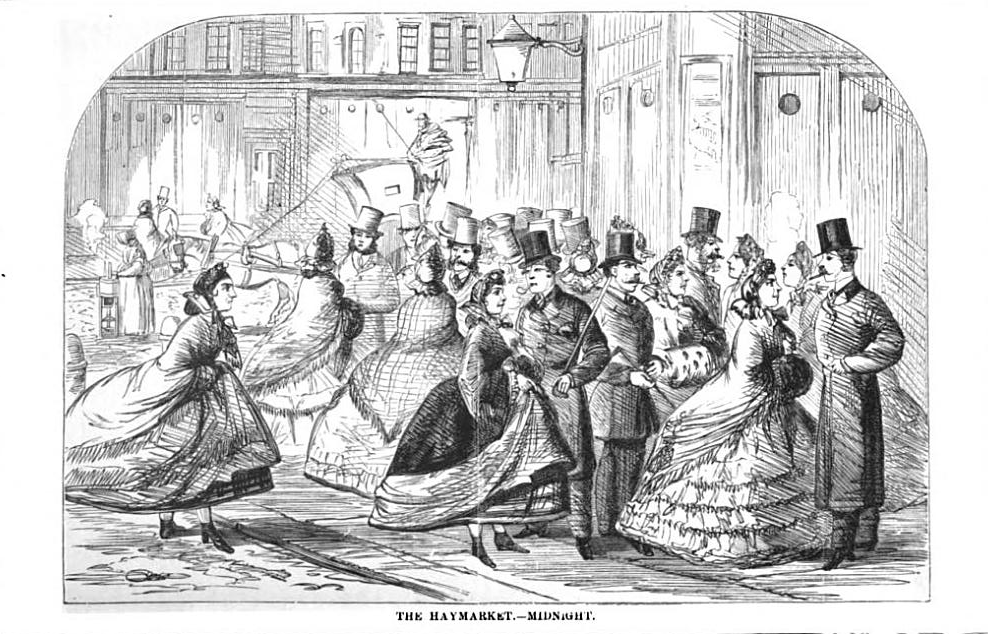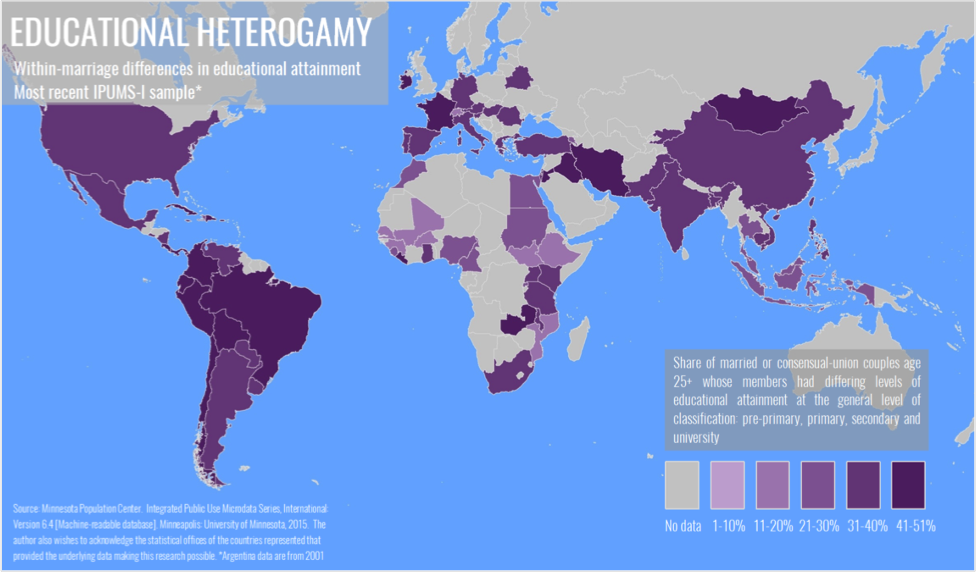
An enormous amount of information about the characteristics and activities of ordinary people is just waiting to make its debut for researchers to analyze — two billion people and their households, spanning over 100 countries, from 1703 to the present day. All these data will be available for computer analysis by the general public, for free, by 2018.




